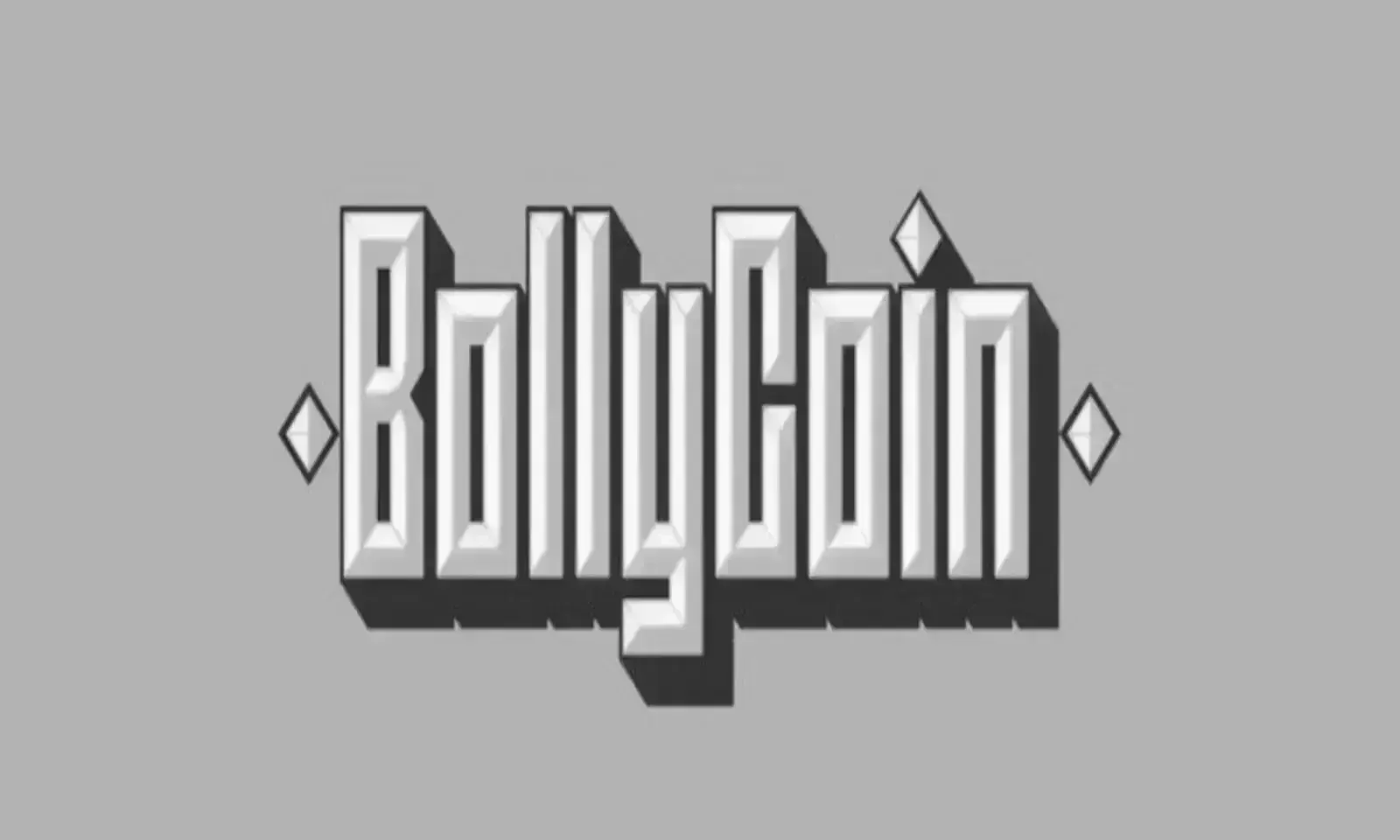Explained: What is Bollycoin & How It Will Decentralise Entertainment Industry?
Actor Salman Khan recently launched his NFT marketplace that’ll let people transact in Bollywood memorabilia and get voting rights on the platform

Photo: BollyCoin/Twitter
The latest rage in the cryptocurrency space is Bollycoin — a Bollywood-themed digital marketplace started by filmmaker Atul Agnihotri. Bollywood actor Salman Khan on October 13, 2021, launched his non-fungible token (NFT) collection and the platform claims to have already sold 7 million Bollycoin tokens in four days. Of the 100 million tokens which are up for sale on the website, more than 12 million Bollycoins are available for purchase, with one Bollycoin costing $0.1 (Rs 7.49).
Aa raha hoon main, NFTs leke. Salman Khan Static NFTs coming on @bollycoin. Stay tuned, bhai log! https://t.co/auNNbccZJX 🌟#BollyCoin #NFTs #ComingSoon pic.twitter.com/u8ZWUSwuq0
— Salman Khan (@BeingSalmanKhan) October 13, 2021
7 million BollyCoin sold in 4 days! We love to see the community growing. Thank you all 🙏⚡️🚀
— BollyCoin (@bollycoin) October 18, 2021
The launch happened shortly after Bollywood actor Amitabh Bachchan was appointed the brand ambassador of the Singapore-based crypto financial services company, CoinDCX. But these megastars aren't the only celebrities to have delved into the NFT market. The cricket world has also joined the NFT movement with Rishabh Pant being the latest cricketer to jump on the bandwagon after signing a deal with cricket NFT platform Rario, a digital collectibles platform enabling fans to buy and trade the NFT of their favourite cricketer. Other cricketers such VVS Laxman, Wasim Akram, RP Singh, Piyush Chawla and Pragyan Ojha have already joined this space.
How NFTs work
Works of digital art such as a unique illustration, painting, music video snippet, song, GIF (Graphics Interchange Format), tweet, news article, essay, domain name, digital collectible, a unique sneaker in a limited-run fashion line, concert ticket and even this very article you're reading on FactChecker are examples of a non-fungible token or NFT. This also extends to deeds to a car, tokenised invoices, legal documents and signatures.
NFTs are digital-only tokens used to represent ownership of unique items that help customers trade, invest and tokenise in assets such as artwork and digital keepsakes and even real estate.
The most common blockchain backing NFTs is Ethereum. According to Ethereum's website, these collectibles can have only one official owner at a time and no one can alter the record of ownership or copy/paste a new NFT into existence since no two NFTs are the same.
"Non-fungible' is an economic term that you could use to describe things like your furniture, a song file, or your computer. These things are not interchangeable for other items because they have unique properties. Fungible items, on the other hand, can be exchanged because their value defines them rather than their unique properties," read the definition on the website.
NFTs have especially proved helpful for creators to retain ownership of their own work rather than relying on middlemen including social media companies and art dealers in showcasing their work. This way it bridges the gap between artists, viewers and collectors.
For buyers, NFT ensures the authenticity of an artefact by providing a unique identifier which is linked to the buyer's Ethereum address. "The creator's public key is essentially a permanent part of the token's history. The creator's public key can demonstrate that the token you hold was created by a particular individual, thus contributing to its market value (vs a counterfeit)," according to Ethereum.
Similarly, a creator of an NFT can prove its genuineness by deciding the scarcity of their asset. This means that an artist of an NFT can decide how many replicas exist or if it needs a replica at all. It is worth noting that the intended scarcity of the NFT is entirely up to the creator and they may intend to make each NFT completely unique to create scarcity, or have reasons to produce several replicas.
How Will Bollycoin work
Bollycoin touts to be a "community-driven platform" providing digital collectibles for Bollywood enthusiasts from around the world to own NFTs of their favourite Bollywood films and celebrities. The collectibles include movie posters, dialogues, etc around Salman Khan and his films for now.
"The broader goal is to decentralise the entertainment industry. Through the BollyCoin
ecosystem, members can have a vote on things including NFT and film production," according to the platform's white paper. Bollycoins can be purchased from the platform's website using Ethereum, USDC or BUSD (cryptocurrencies of private organisations). Since these currencies are backed by the dollar, Indian customers need to purchase Bollycoins through currency exchange platforms such as WazirX, CoinCDX or CoinSwitch.
The platform also says that the value of a Bollycoin comes from the reward system. While 10% of the value of the sale of NFTs will be awarded as discounts (in the form of BollyCredits) and credited to Bollycoin holders, 10% of the value of the sale will be sent back to the BollyCoin treasury for the development of the platform. The remaining 80% gets credited to the original creator/owner of the NFT. Upon the resale of an NFT, the creator or owner gets 5% of the total sale value while another 5% is awarded as discounts to BollyCoin holders in the form of BollyCredits.


